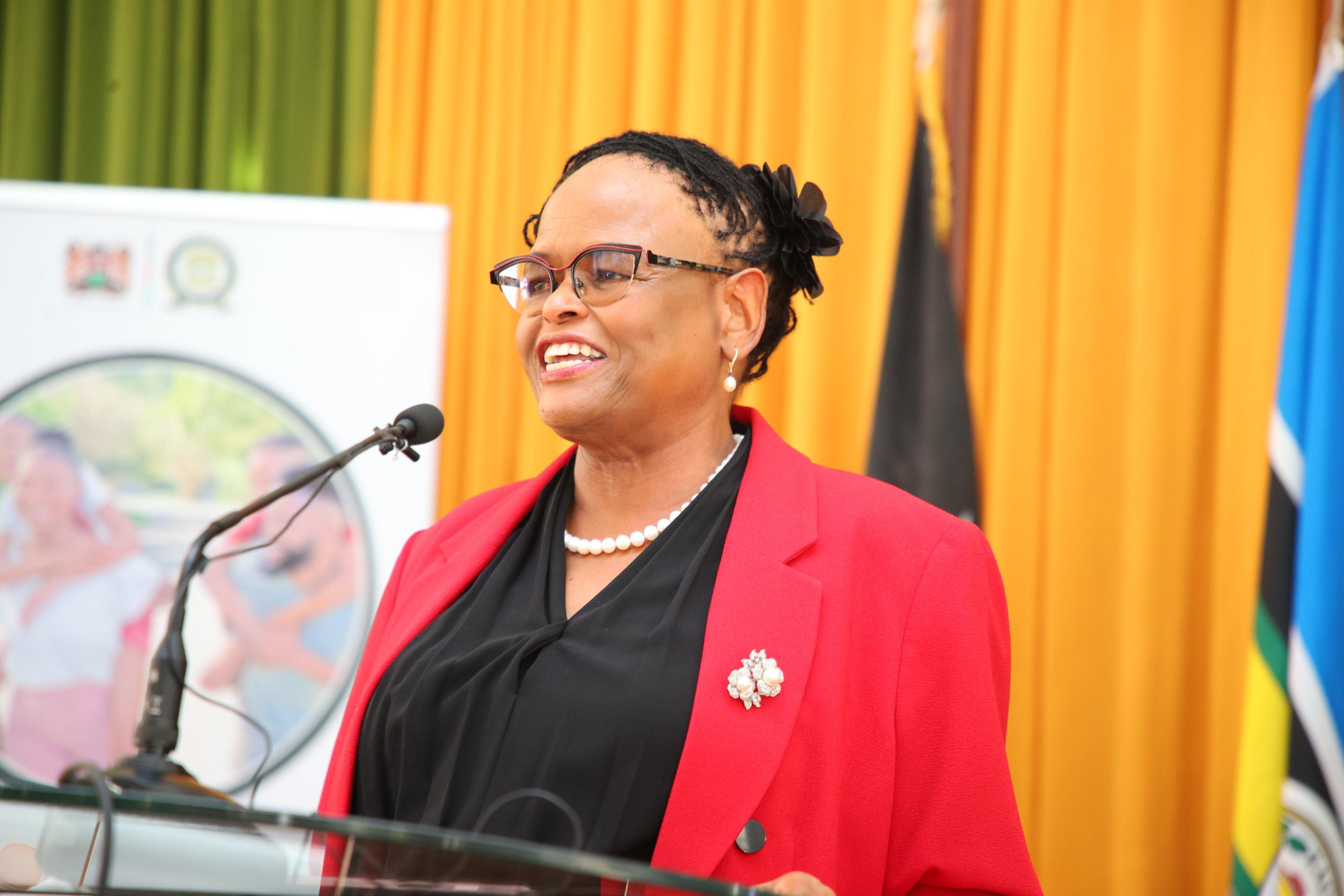The Judiciary has achieved a remarkable milestone, with its court-annexed mediation programme resolving 91% of disputes referred to it.
Through this initiative, Chief Justice Martha Koome says Sh68.9 billion has been reinjected into the economy, demonstrating the positive economic impact of alternative dispute resolution (ADR).
The programme, launched in 2016, aims to reduce the burden on courts while offering a peaceful and effective way of resolving conflicts.
Speaking at the Milimani Environment and Lands Court’s open day at Mathari Primary School in Nairobi, Chief Justice Martha Koome shared the success of the mediation programme.
She emphasized its effectiveness, especially in resolving land and environmental disputes, areas traditionally prone to violence and protracted litigation.
“Since its inception in 2016, at least 26,991 cases have been referred to mediation, with an impressive 91 per cent resolution rate,” Koome said.
“These cases have unlocked more than Sh68.9 billion into the economy, demonstrating the economic and social value of this approach.”
The mediation programme has become increasingly popular, especially in handling disputes that have the potential to cause long-term rifts among families and communities.
According to data from the Judiciary, 870 cases were referred to mediation in 2023, with 820 successfully resolved, reflecting a 94% success rate.
Between January and June 2024, 400 cases were referred, with 311 resolved, further proving the programme’s effectiveness.
“These figures underscore the transformative impact of mediation not just in resolving disputes, but in promoting reconciliation, economic productivity, and social cohesion,” Koome added.
Currently, Kenya boasts 1,893 accredited mediators, with 1,114 actively engaged in mediation. Of these, 1,179 work within the Environment and Land Court, helping ease the workload of traditional court processes.
As the demand for mediation grows, the Judiciary plans to expand the programme from its current 62 stations to 77, focusing on counties such as Lamu, Kwale, Samburu, Wajir, Mandera, and Taita-Taveta.
Koome called on community leaders, including chiefs, religious figures, youth groups, and women’s organizations, to take on the role of mediation ambassadors.
“We need ambassadors of mediation who can encourage those in conflict to seek resolution through dialogue,” Koome urged.
The Judiciary is also keen on making mediation services more accessible and affordable to the public.
a faster and less costly alternative to protracted court battles, mediation encourages peaceful coexistence and promotes stability in communities.
Koome further noted that mediation is a more effective means of dispute resolution that not only addresses legal rights but also focuses on restoring relationships and addressing the root causes of conflict.

